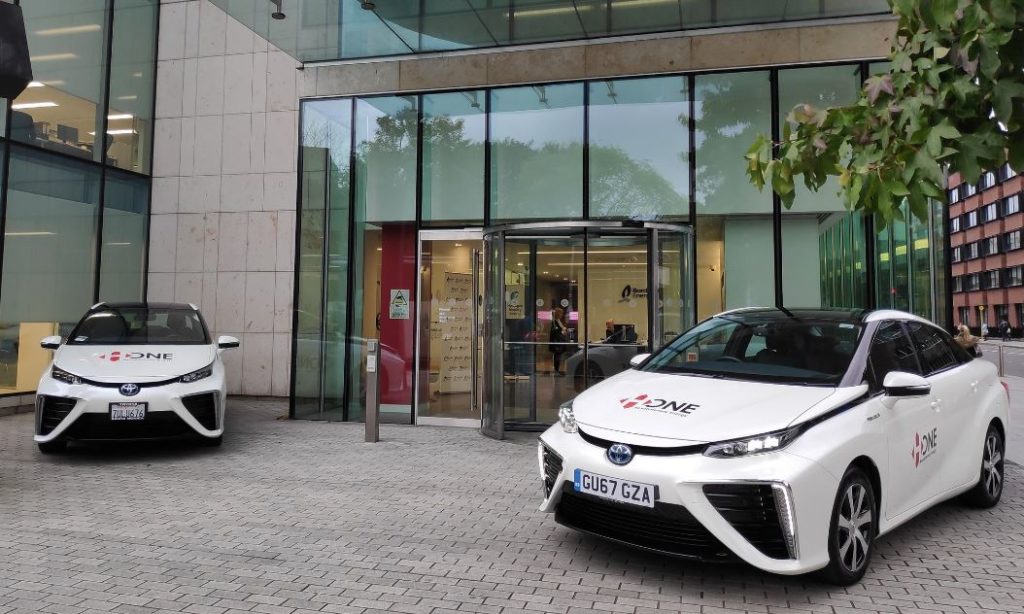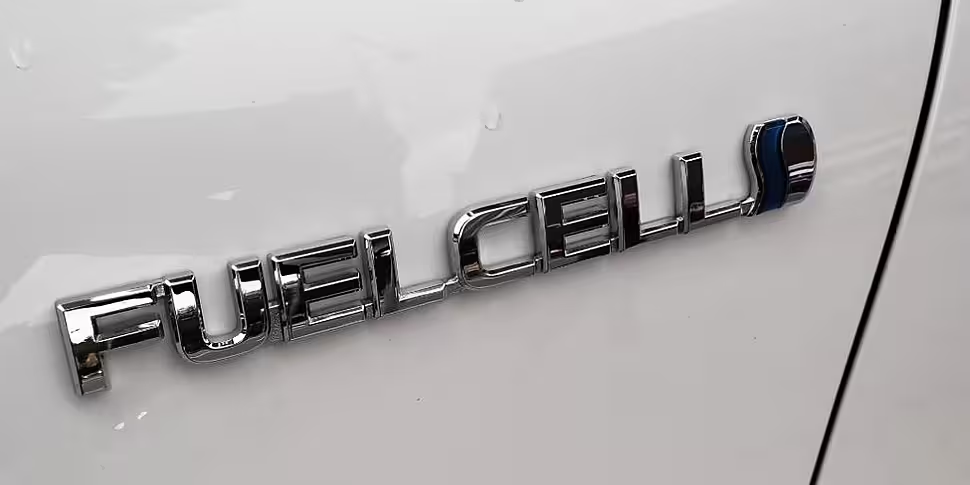Cars using hydrogen fuel cells could be on Irish roads as soon as 2023.
That is according to a new report from Hydrogen Mobility Ireland.
Hydrogen has gained significant interest as a fuel for the future, because using hydrogen to power vehicles results in no direct emissions of greenhouse gases or any local pollutant emissions.
It can can also be produced from a wide range of low and zero-carbon energy sources.
It could be used as a fuel by most vehicle types: from small cars through to ferries and trains.
Hydrogen Mobility Ireland says it represents "one of very few options for the complete de-carbonisation of the road transport sector."
The report finds that Ireland should follow the lead of countries like China, US and Japan who have committed to each having in the region of one million hydrogen fuel cell vehicles by 2030.
It recommends the Government applies similar incentives to hydrogen fuel cell vehicles as they currently do to battery electric vehicles.
 Zero emissions cars are seen in Dublin | Image via @IrelandHydrogen on Twitter
Zero emissions cars are seen in Dublin | Image via @IrelandHydrogen on Twitter"Hydrogen vehicles will be cost-competitive with conventional fuel vehicles by mid next decade," it says.
"Buses, vans and taxis could be deployed as the catalyst for market establishment".
It also recommends building clusters of refuelling stations to "give early adopters confidence".
It adds that s first deployment project, involving two hydrogen production sources and three refuelling stations, can be done at a cost of €34m.
While this will require €14m of funding from the Government.
The report says: "By 2030, a network of 76 stations would ensure that 50% of the population of the island would live in a town with a hydrogen refuelling station as well as providing adequate coverage of major roads."
It is estimated that hydrogen could remove 300,000 tonnes of CO2 annually - that is 2% of overall transport emissions - with the potential for this to significantly increase in the 2030s.









